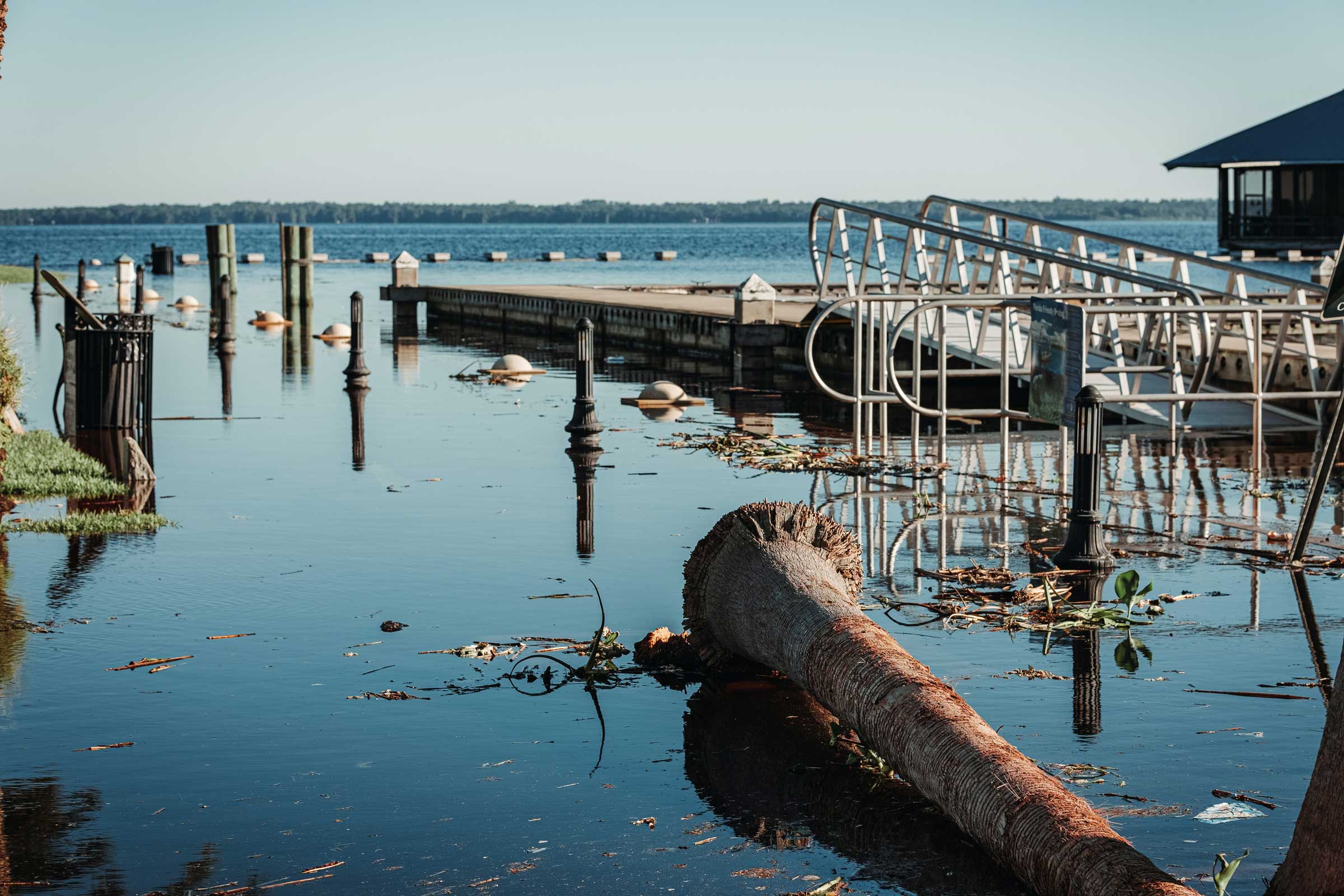On Wednesday, June 26, the House Transportation and Infrastructure Committee held a markup for the 2024 Water Resources Development Act (WRDA), passing the bipartisan package to the House floor for a full vote.
WRDA, a biennial legislative package authorizing Army Corps of Engineers water infrastructure projects, contains several provisions concerning fish habitat and recreational access. Past WRDA bills have enhanced fishing and boating access at Corps sites, authorized crucial projects to control the spread of aquatic invasive species, and advanced Everglades restoration through the Lake Okeechobee and Western Everglades projects.
ASA advocated for the following sections, which were included in the House 2024 WRDA legislation:
- Authorizing the Corps to retain fees collected from recreation for the maintenance of recreational facilities, including boat launches, piers and docks.
- Extending authorizations for aquatic invasive species programs, including the Corps’ Asian Carp Prevention and Control Pilot Program.
- Authorizing funding to support the removal of abandoned and derelict vessels.
- Developing an inventory of low-head dams, including information for public safety.
- Enabling the Corps to enter public-private partnerships to enhance recreational management at Corps sites.
The House bill also includes natural infrastructure provisions that require beneficial use of dredged materials to Both provisions would improve water quality and habitat for popular sportfish.
The Committee markup follows the Senate Environment and Public Works Committee’s markup last month, where bipartisan lawmakers approved a separate WRDA package. While the Senate version included some of the priorities reflected in the House Bill, ASA is hoping to see the following provisions reflected in the final package passed by the upper chamber:
- Raising the federal share of post-construction operations and maintenance costs to 90% for the Brandon Road Interbasin Project to support states’ efforts to prevent Asian Carp from spreading to the Great Lakes.
- Increasing authorizations for the Upper Mississippi River Restoration Program.
- Directing the Corps to complete an assessment of agency invasive species efforts, reporting on authorities, projects and on-the-ground efforts, and recommendations for necessary legislation.
The Senate version also authorizes a pilot program to restore waterways in Ohio, Pennsylvania and West Virginia impacted by acid mine drainage, potentially building on funding passed in the Bipartisan Infrastructure Law, which would have beneficial impacts for popular species like trout and bass.
What’s next?
Following passage of both bills in their respective chamber, a conference committee to resolve differences between the packages will follow, likely close to the end of the 118th Congress. As House and Senate lawmakers reconcile these differences, ASA hopes to see improved access, fish habitat restoration and aquatic invasive species management included in the agreement before being sent to the President’s desk to become law.
With bipartisan support in both the House and Senate, ASA and our partners in the fishing and boating industries will continue to advocate for these valuable provisions in the 2024 WRDA package.
Share This Article, Choose Your Platform:
Recent Posts



